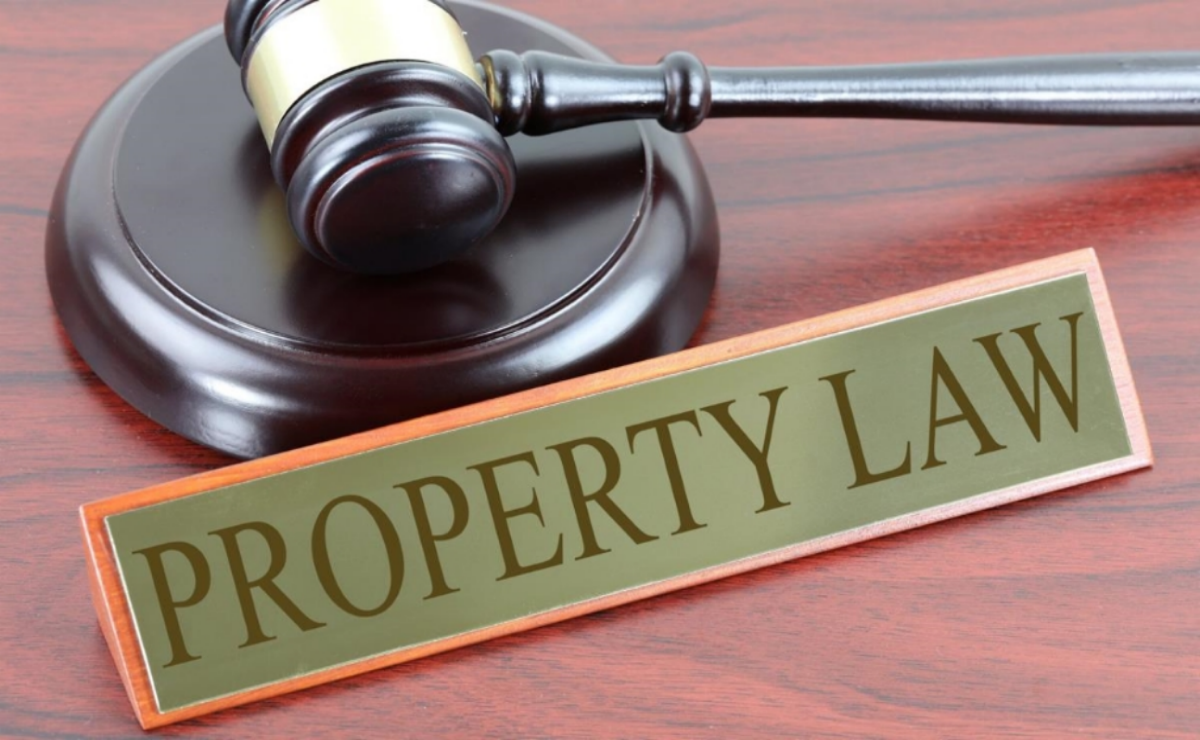Property law governs the ownership, use, and transfer of real estate and personal property. It defines the legal rights and responsibilities of property owners, tenants, and those involved in property transactions. This area of law covers a wide range of issues, including buying and selling property, leasing, property disputes, zoning, and land use. Whether you’re a homeowner, renter, or investor, understanding property law is essential to protecting your assets and ensuring that property transactions are legally sound.
One of the key aspects of property law is the transfer of ownership, which includes the legal processes for buying and selling property. It also involves drafting and reviewing contracts, ensuring clear title to the property, and handling disputes that arise during the transfer process. Property law also encompasses landlord-tenant relationships, addressing issues such as leases, rent agreements, and eviction procedures. In addition, zoning laws regulate how land can be used, which can have significant implications for both residential and commercial properties.
Disputes over property rights are another common area of property law, involving issues such as boundary disputes, easements, adverse possession, and property damage. Whether you're dealing with a real estate transaction, a landlord-tenant issue, or a property dispute, having a clear understanding of property law is crucial to resolving conflicts and protecting your interests. Legal advice and guidance can help navigate these complex matters, ensuring that your property rights are safeguarded.





